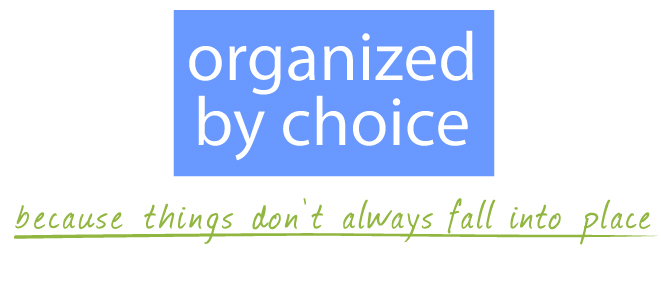“Ohhh, that’s where that was!” Ever been there? Your keys or glasses, scissors or remote. You’ve searched high and low. Maybe it’s something more critical like your passport, wedding ring, or cash. Frantically you rummage through drawers and cabinets—your stress and blood pressure rising.
Finding lost things with my clients is one of the joys of my work. We’ve uncovered everything from social security cards in the garage to hundreds of dollars in cash in a box labeled 2004. Connected to joyful discovery is anxiety when items go missing. Nobody likes to lose things. For many it’s a chronic issue, “Where did I leave my…?”'
Timely Tips - for an end to lost things
WHAT are lost items costing you?
Money – replacing items not found
Space – now you’re storing two or more of the same things you lost and replaced
Relationships – receiving blame or blaming others, “You had it last!”
Reliability – time searching makes you late for work, miss appointments, meetings, or flights
Peace of mind
WHY am I losing things?
Domestic drift – your phone, glasses, and other items float around the house with you
Multi-tasking – you have multiple projects going on with stuff everywhere
Your things don’t have specific homes
You don’t return things to their homes
There’s too much stuff
HOW do I stop losing things?
Designate temporary holding places. According to “Lost and Found” (prnewswire.com) phones and glasses are 2nd and 4th on the list of commonly misplaced items. They drift around with us but aren’t always connected to us. Be intentional about using a specific place in each room for these items-- a corner of the coffee table if you’re in the family room, or if in the kitchen, a specific spot on the countertop. By creating that habit, you automatically reduce the number of places you need to look when you misplace something. I even designate a “temporary holding place” for my car when shopping. At Target it’s one row to the left of the center when I come out of the store. No wandering the parking lot!
Cut out multi-tasking. According to “The True Cost of Multi-Tasking” (PsychologyToday.com), we don’t actually multi-task. We switch tasks. Our brains can really only focus on one thing at a time. Focus on doing and finishing one thing before getting out more things to do. You’ll have less stuff to keep track of.
Create homes for things. TV remotes and car keys won 1st and 3rd on the most commonly lost item list. Make homes for these items with convenience in mind. Place remotes in a basket on the floor next to the recliner, or in a coffee table drawer. Put keys on a hook on the wall just inside the door, or in the outside pocket of your purse. For important things that you don’t use often like passports, keepsakes, etc., create a home and then keep an index on your phone or computer of where to locate these items when needed.
Put things in their homes. This may be the biggest challenge. It requires training the brain to stop and think. Your new mantra is “Don’t put it down, put it away.” You use the tape to wrap a gift, “Don’t put it down, put it away.” You get a screwdriver out to tighten the faucet, “Don’t put it down, put it away.” If you’re watching TV and slip off your shoes, you don’t have to jump up and run them to the closet, but scan the family room, your desk, the kitchen or wherever you are before you leave the room and put things in their homes. This will eliminate frustrating searches later on.
Reduce. According to LA Times article, “For many people, gathering possessions is just the stuff of life,” the average U.S. household has 300,000 things. When you lose something, do you feel like you’re looking for a needle in a haystack? Reduce the haystack. Start small. Pull out your “junk drawer” and remove the junk. Replace the items you need and use. It will be so much easier to find them without having to sort through the junk!


